F
or many of us, film distribution is a complicated mystery. But why?
Well, often it’s left to others to manage the business of distribution and deal making. Agents. Managers. Sales reps…

Film Distribution is all about getting your finished movie here.. To the box office.
But shouldn't creative producers, directors, and filmmakers get involved during this all-important stage?
Shouldn't we understand this entire process? So we know how to navigate it?
How to plan for it?
What to expect from it?
Of course we should.
You'll often hear people refer to distribution as a "good problem to have." That as filmmakers we'll "cross that bridge when we come to it."
But just like "we'll fix it in post" this punting down the road can come back to bite you.
In the instance of distribution... it can come back to haunt you.
By the end of this article, you'll be well prepared to work with and find film distribution companies
So let's get into it!
The Filmmaker’s Ultimate Guide to Video & Film Distribution
What is film distribution?
Film distribution is the commercial process that makes a feature film available to the general public. It usually also includes determining a marketing strategy.
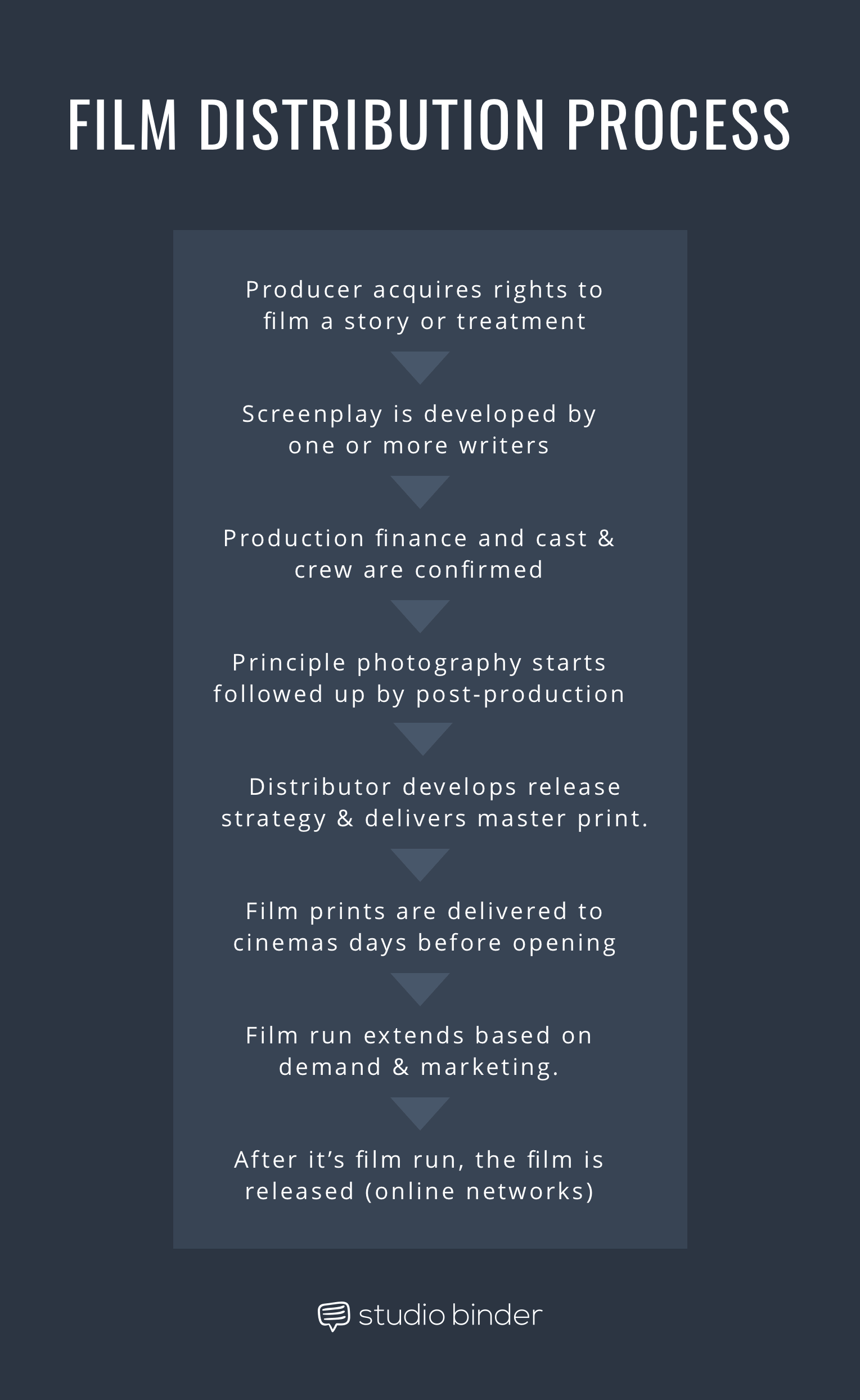
These are the steps of the film distribution process
Pretty simple, right?
In practice, it can get a little more complicated.
For example, today the film distribution process is far different than it was even ten years. Forget about what it was like 20 years ago. Or 30 years ago.
What's changed?
Well.... almost everything…

Film distribution has certainly changed. For starters, it used to involve film.
It starts with how long movies are in theaters for.
In the old days, major film distribution companies put a movie into theaters, it ran there for up to a year, and then was gone.
Like, GONE gone.
No more movie anywhere.
Nowadays movies are... everywhere. That "everywhere" is called ancillary rights.
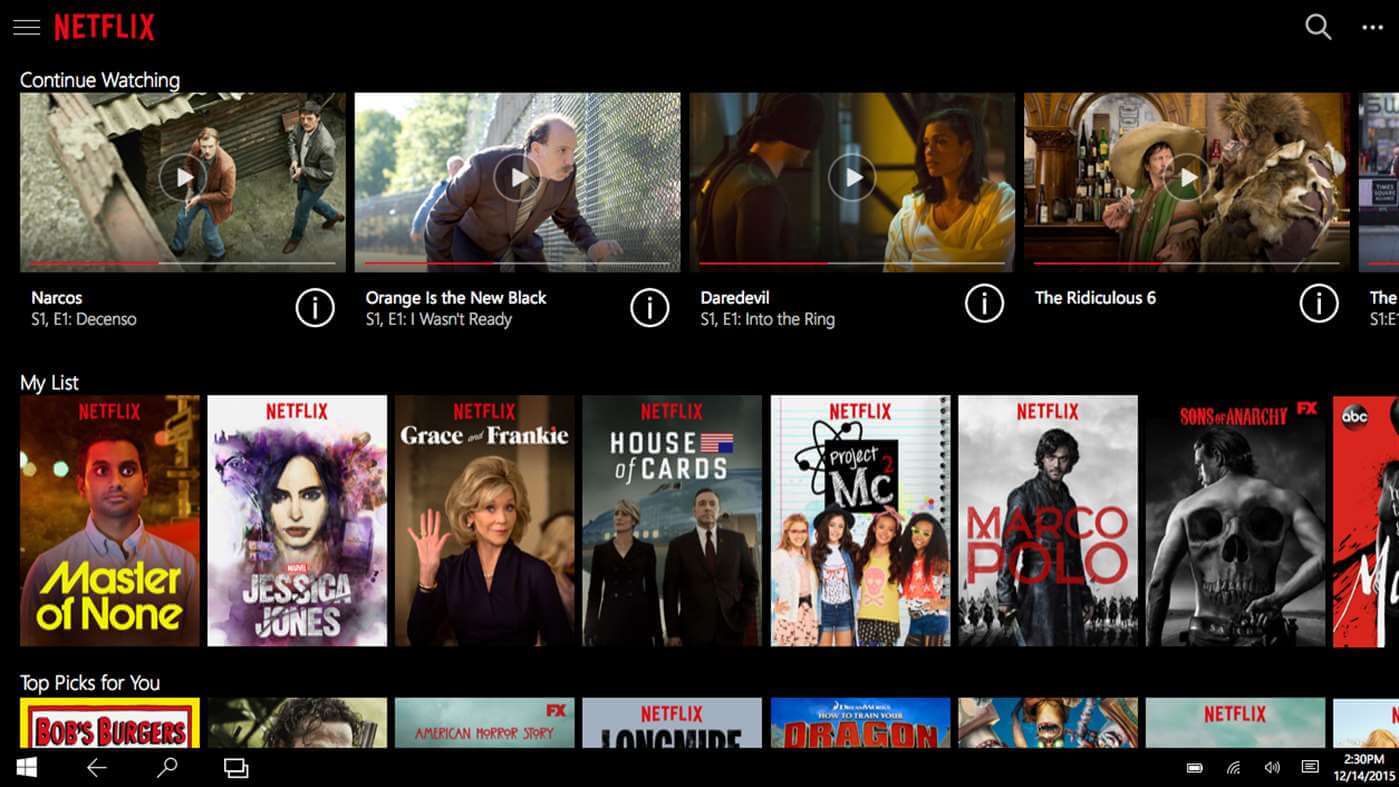
Streaming has changed the film distribution game in part by flooding the marketplace.
Ancillary rights and revenue gets hammered out in the initial deal between distributor and filmmaker.
And this is also a place where a filmmaker can get screwed.
I should say ONE of the places...
So whatever else you do: GET A LAWYER!
The average theatrical run was trimmed by these ancillary rights from up to year down to 3-4 months.
Why? Because people are chomping at the bit to see the movies at home. Or on their mobile device... Or on their watch...
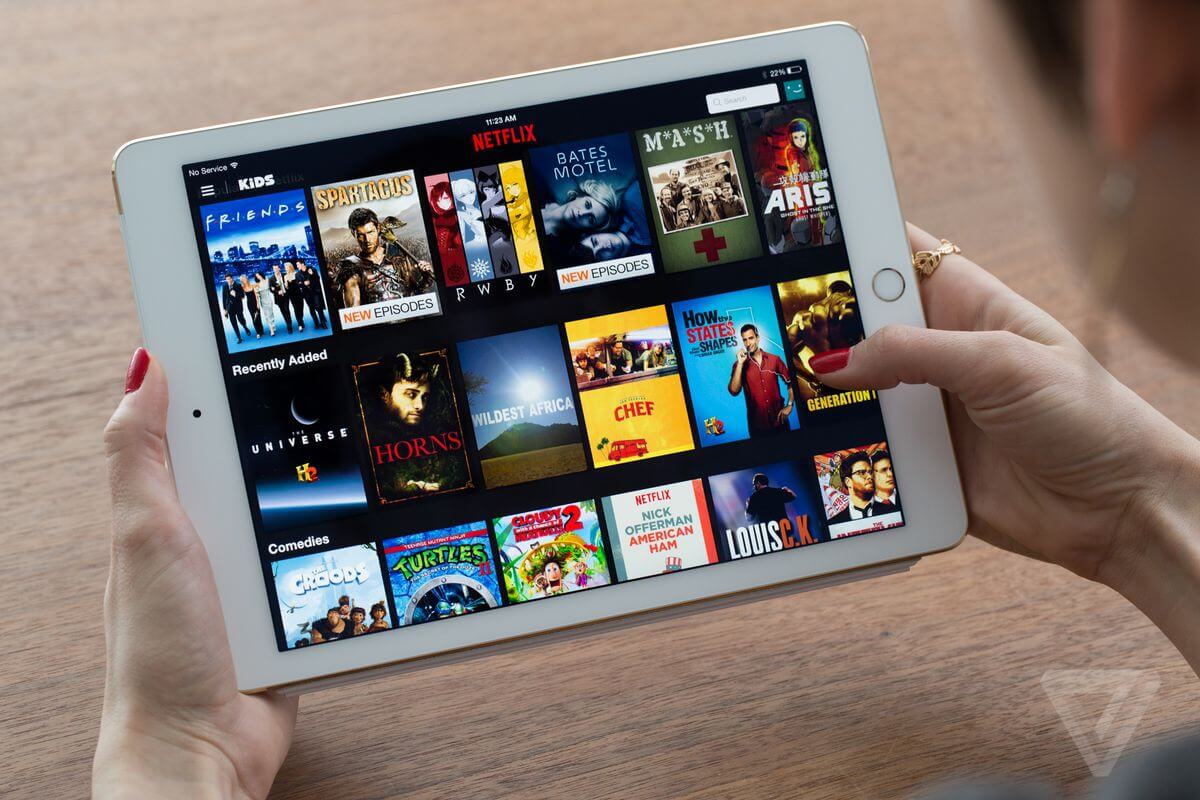
People watch movies on their devices more and more. Even movies like this one.
SIMULTANEOUS RELEASE
Ancillary rights have become so important that now movies are doing a simultaneous release.
The same day you can see a new feature in the theaters, you can see it at home.
There are specialized digital film distribution companies now, as well.
The data shows people are more likely to view, download, and buy a movie if it's in the "new releases in theaters" category.
So that means in some cases a movie is only one of the "new releases in theaters" because it'll help boost the on-demand sales by people at home.
Think about how when you go to any streaming platform, the first section is usually marked as "new." It could be new to the platform.
But the newer, the better!
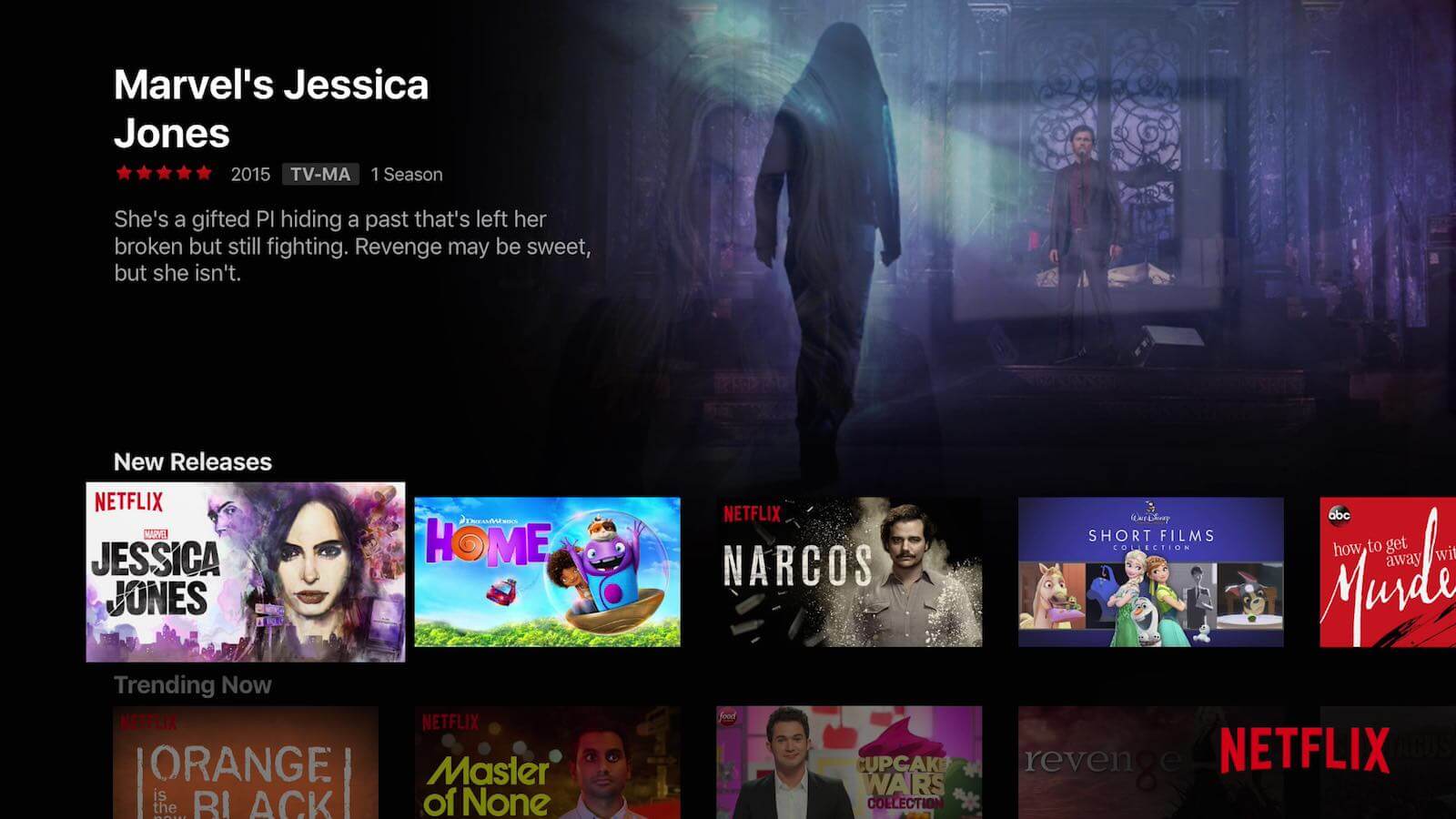
People prefer to stream from the “new releases in theaters” folders
There is a very good and a very bad to all this.
The very good: Your movie can be seen and purchased in many places.
More places than you can track.
One feature I produced is still available on demand and on streaming platforms years after it's initial release. People all over the world still have access to it.
Do we make much money from that? Nope.
And that's part of the very bad of all this...
Because now that so many movies are available on so many platforms in so many places... it's tough to get any people to care about yours.
We'll touch on this problem more later, but now that we've covered the lay of land distribution wise... let's dive into how and when you should start thinking about distribution.
THE FILMMAKER’S ULTIMATE GUIDE TO VIDEO & FILM DISTRIBUTION
Start thinking about distribution early
There. That answers that question.
Why do you want to begin thinking about film distribution early?
First reason: because you should make sure your movie has a shot at getting it in the first place.
Another reason: there will be film distribution costs, like lab fees, additional legal fees, insurance. The list goes on.
If you aren't at least somewhat aware of what's being bought at festivals by film distribution companies, how can you help make sure this movie is one of them?
Luck?
Well, luck is good. You'll need plenty of it. And as the saying goes, it's better to be lucky than good.
But you can help make your own luck too.
Start by taking a look at what distributors are buying the most. What genres seem popular?
Which types of movies are doing well on the festival circuit?
Read the trades. Talk to your managers if you have any.
If you're setting out to make an independent movie, think about how and where it'll be seen.
Think about possible demographics, but also think about what movies get bought... and what movies don't.
Now... try to ignore that rule.
Because...

Film Distribution for Film - Sundance Film Festival
TRENDS CHANGE
So don't necessarily base your movie on what gets bought at Sundance this year.
By the time you've wrapped and applied to Sundance, people may not be into that material anymore.
Trust me. I've been there.
What you can do instead is try to identify elements that seem to work consistently.
Or bring certain qualities to your project from what's selling.
But don't go chasing trends.
You're better off trying to make some of your own.
If this sounds confusing, it's because it is.
You need to be fresh, but also familiar. This is one of those enigmatic truths of the entertainment industry.
THE FILMMAKER’S ULTIMATE GUIDE TO VIDEO & FILM DISTRIBUTION
How to plan an Independent film distribution strategy
Another way to kick-start your distribution thought process is casting.
Try to cast talent that might help turn eyes towards your project.
At the same time, cast talent that works well for the project.
In an indie feature I produced, the executives and agents wanted us to cast specific "names" in the lead.
We went with a relative unknown who we thought was perfect for the part, and incredibly talented to boot.
By the time the movie was ready, he was more well known than some of the names we were supposed to chase.
It's unlikely that we would have secured distribution without him.
Something else a lot of distributors look for in a cast isn't name recognition, and it certainly isn't talent.
It's twitter followers.
If your cast has a "strong social media presence" it makes everyone's job that much easier.
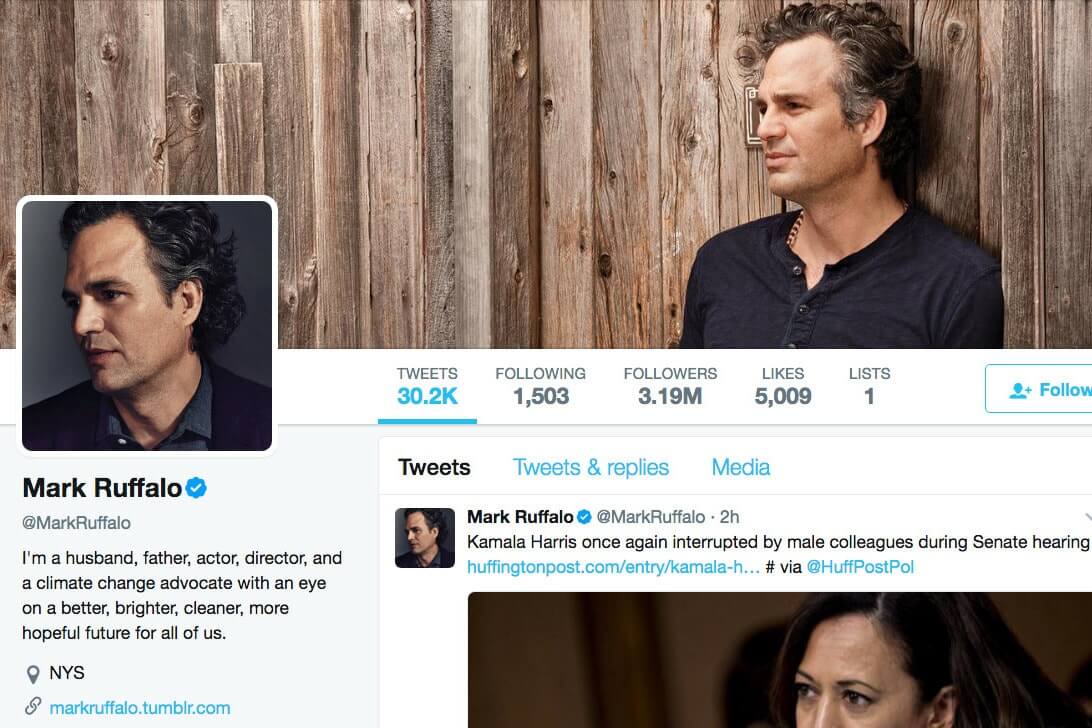
Large twitter followings make movie distributors very happy
USING SOCIAL MEDIA TO HELP WITH DISTRIBUTION
Remember how we talked about projects that get lost amid the thousands available?
One way to cut through the noise is direct people to the project through social channels.
Distributors know this.
Will it make them buy a bad movie?
No.
But it might help a good movie cut through all the noise.
Another good plan?
Think about ways to market the film. Consider potential artwork, snippets for social media, trailers...
Then, think beyond the distribution process. Think about why someone will choose to watch the movie.
In doing this you align your goals with those of the distributor. By putting that hat on early, and demonstrating that you're ready, distributors are more likely to buy in.
You're on the same side, after all.
Sort of...
THE FILMMAKER’S ULTIMATE GUIDE TO VIDEO & FILM DISTRIBUTION
What are distribution rights
Distribution rights refer to the ability of one company to sell another company's product.
It can also refer to a region. Which is why a film, for example, can sell domestic and international rights separately.
You can also break up theatrical or streaming. And on it goes.
The distribution rights to your film will hopefully be negotiated on your behalf by an attorney.
Sales agents, managers, film buyers and film bookers can also get involved.

Agents! Everyone loves these guys!
Distributors then work with the various platforms and theater chains to make the film available.
Once the deal is in place, you still may have one more major responsibility.
And if you're new to all this, this next section is a must-read:
THE FILMMAKER’S ULTIMATE GUIDE TO VIDEO & FILM DISTRIBUTION
Deliverables
Deliverables include the actual media of the film, as well as many other things.
So, no. You can't just hand them an HD master.
This could include paperwork, documentation and legal. It could also include trailers, key art, and photographs.
You might be asked to include a raw negative in 4k. Some distributors might still want 35mm!
For international markets, there will be subtitling and dubbing.
It will depend on the type of deal, and the distributor.
The important thing for you to remember is to stay organized from day one. With everything!
This means contracts, SAG time cards, digital assets. All of it.
Dot your i's and cross your t's. Because you don't want any hold ups in selling your movie, once you're right on the brink.
This is where great production management software like StudioBinder’s can really help you out.
The days of relying only on the actual wrap binder are dwindling. And what a relief.
Sure it makes sense to keep signed print outs of releases sometimes.
But the more of your production that can be streamlined and organized in the cloud, no less, the better.
I've experienced movie distributors that didn't require errors and omissions insurance.
This is a pretty significant policy because it protects the film, and the production company, from lawsuits.
Distributors don't always have your best interests at heart. They will say they do and talk about taking care of the filmmaker and the vision.
Even if that's their intent, you must take pains to protect yourself. Because there will be turnover at the distribution company. There will be people making mistakes and focusing on other things.
And this is assuming they do care about you.
In some cases, they don't.
THE FILMMAKER’S ULTIMATE GUIDE TO VIDEO & FILM DISTRIBUTION
How to get distribution
Some movies have distribution from the get-go. Major studios make them, often within their deal with a production company.
Next, the studio distributes the film through its distribution division.
There are a lot of nuances within these types of deals, including when studios split regional distribution rights.
But that's another conversation, and if your film is set up at a major studio, you won't have to worry about how to get distribution.
If you made an independent film and want feature film distribution you have options:
FESTIVALS
The first stop is almost always the festival circuit.
And the first stop on the film festival circuit quest is almost certainly Without A Box. From there you can start to research which fests fit your film best.
Plus, where you’d like to premiere.
Aim to complete your film in time to enter into one of those target fests.
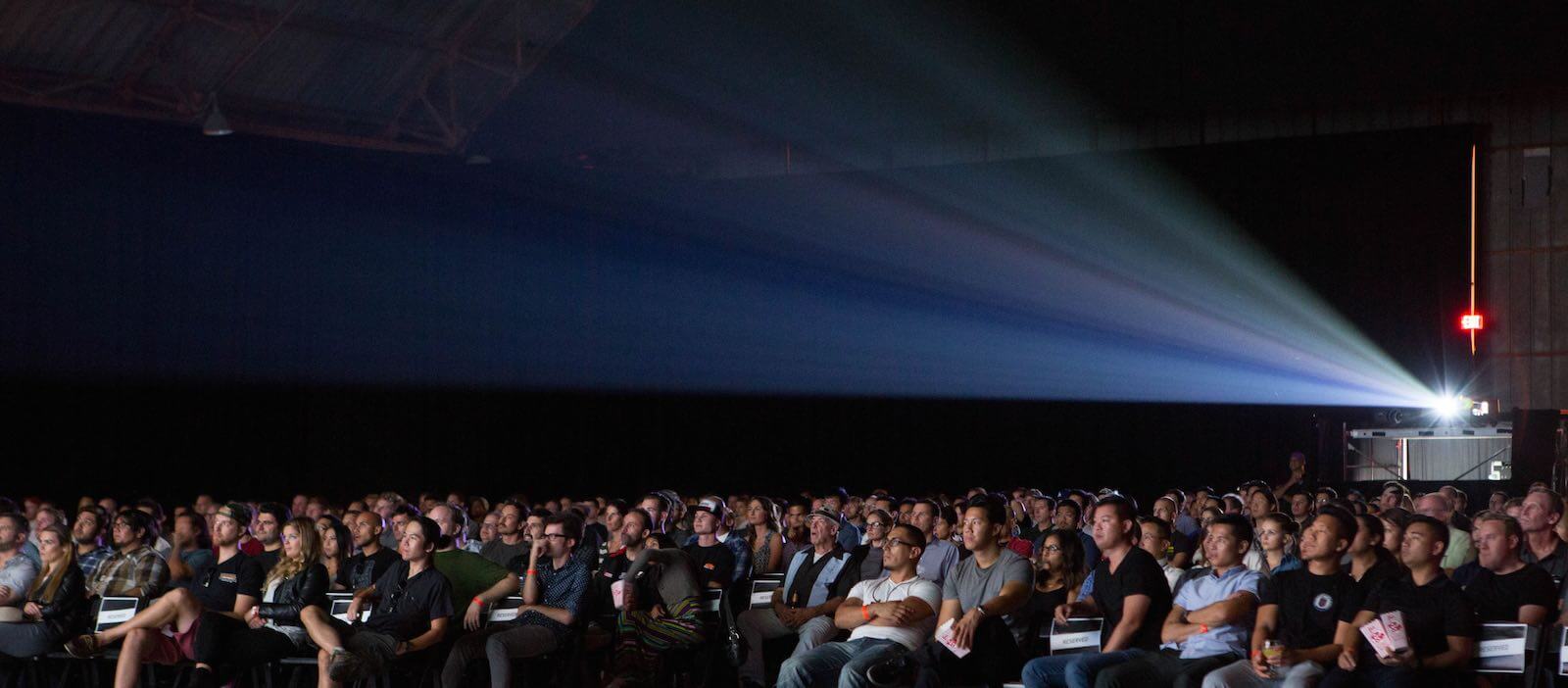
Film Distribution for Film - Film Festival
You'll also want to target a few second and third tier fests after that.
Remember, premier status is essential in the festival world. SXSW wants to premiere films.
They don't want one that's already played at a bunch of other festivals.
But be aware that SXSW and other festivals at that level have become industry events. Major releases take up premiere slots at them.
Think realistically about where your film CAN premiere. Aim high. But be smart.
Once you're in a festival, you'll want a game plan. You'll go, hopefully for free, and you'll market the film there.
This is where having a strong press kit starts to factor into things pretty heavily.
You want to get people to the screenings of your film. Make sure the people at the fest know when your film is screening.
For example, any independent film distributors or sales agents there should see your film.
You also want a good crowd. How your film plays at the festival is a factor.
Ideal scenario: your film kills it at the screening, and two independent film distributors enter into a bidding war for it. You end up rich, with a huge career in front of you.
Next, you get a 3 picture deal at Sony. You get hooked on drugs. You spiral out of control.
Then you have a comeback. You win an Oscar--
Wait what are we talking about again?
If your movie gets bought at a festival, you're in great shape.
Odds are this won't happen.
What else can you do?
SALES AGENTS
Sales agents can help a film get seen by movie distributors. Think of them as agents for your movie.
If you have a rep, agent or manager, they may be able to help get someone on board to help sell the finished film.
It's also possible that a rep from someone on the film, a star, for example, could point you and the movie in the right direction.
A sales rep will help try and connect your project to the right distributor.
Of course, they'll also take a fee.
A good sales agent might help you set up...
DISTRIBUTOR SCREENINGS
This is chance to host a screening of the film and invite movie distributors. Offers can come out of these, but it's hard to pull off if you don't have a good sales agent.
Or connections to movie distributors.
SELF DISTRIBUTE
More and more this is becoming an option.
It's possible to hire a theatrical booker and get a film in theaters for a limited release.
You can, of course, put a finished movie on Vimeo, or VHX and/or get a movie on digital platforms like Amazon, iTunes, and Netflix.
Filmmakers can also sell some rights to the film to movie distributors and retain others. You can make and sell your Blu-Rays.
FILM HUB
Film Hub is a great new resource that helps filmmakers to get access to movie distributors.
It’s a digital marketplace that helps connect finished films to audiences. It has the potential to cut out so many of the middle men and “gatekeepers” that prevent creators connecting their product to the right audiences.
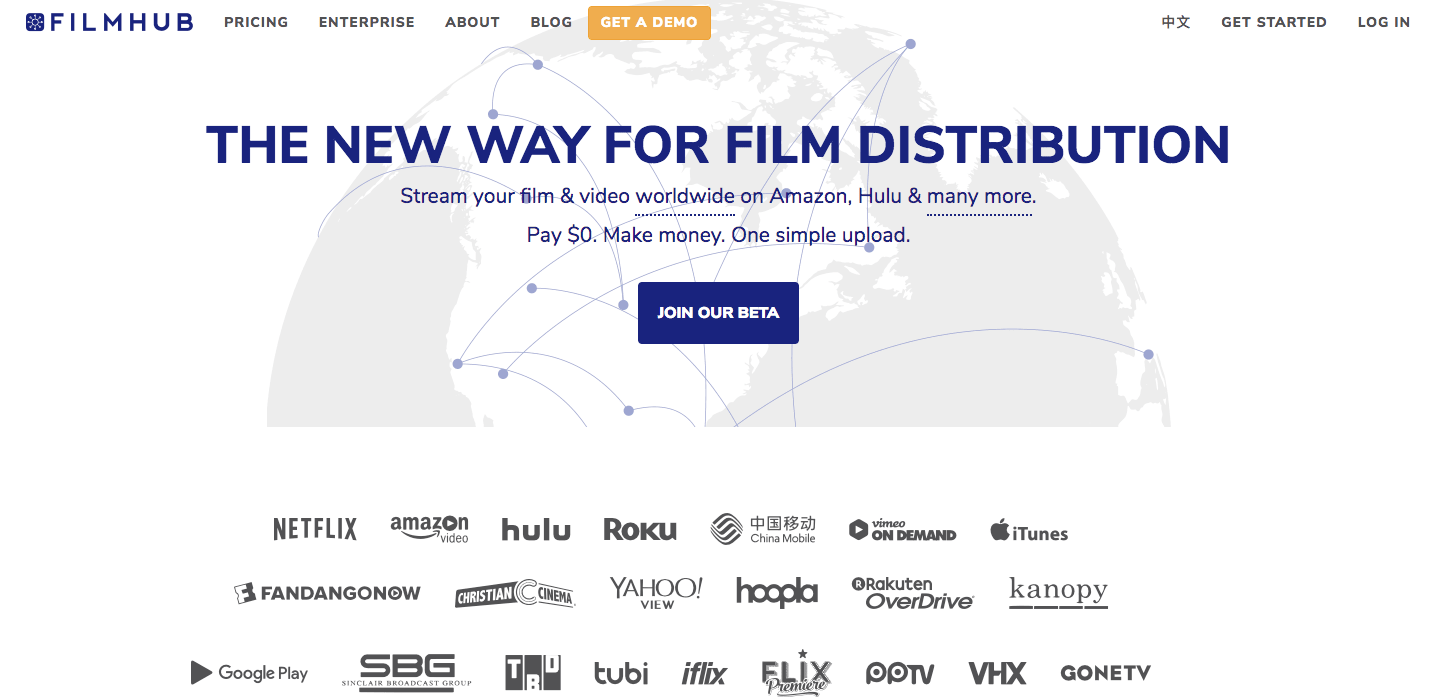
Film Distribution for Film - Film Hub Distribution
Film Hub is the direction distribution is going in. All the knowledge about the rest of the process is valuable, in many cases necessary.
But Film Hub gives us a glimpse into a different distribution future.
THE FILMMAKER’S ULTIMATE GUIDE TO VIDEO & FILM DISTRIBUTION
Short film distribution
The conventional wisdom is that there just isn’t much short film distribution out there. Short films have a life in the festival circuit and are a great way to create a “calling card.”
Use a short film to meet agents and managers- to show what you can do. But the life of a short film as a product a film distributor wants to sell is limited.
But that’s not entirely true or fair. Not anymore, at least.
Check out this list from no film school of possible distributors for short films. While using a short as a calling card still makes a lot of sense, there can be a life after the fesitval circuit after all.THE FILMMAKER’S ULTIMATE GUIDE TO VIDEO & FILM DISTRIBUTION
Working with film distribution companies
There are plenty of horror stories out there. One thing to be aware of with distribution companies is how they might try to "hide" certain profits from you.
For example, a company might say they plan to spend something on advertising the movie.
Sounds great, right?
Not always.
The downside of this is that they can claim they spent a whole lot, even if they didn't need to.
And then when the income starts to come from the movie, they'll hide it in that expense.
"We spent 100k on marketing the movie, so we need to recoup that."
Well, this could be unfortunate. Especially if you owe some investors for the film. Or if you invested yourself.
It's nice if a distributor is going to do some marketing on the project. Some won't. Make sure they're on the up-and-up.
To the best of your ability.
And get a lawyer. Did I mention that yet?
up NEXT
Conclusion
It's important to have some sort of distribution plan in place from the beginning.
Sometimes this is part of the deal you have with a production company.
If you're coming at it from the more indie route, you want to conceive of your film with this end goal in mind.
How will you get your film distribution?
Why will people want to buy, distribute, and SEE this movie?
You have to answer these questions eventually. Might as well start now.
Make sure you keep an organized and detailed record of everything. Knowing that deliverables will be required in the future makes this a must.
Lastly...
GET A LAWYER.
Project management for video creatives. Tasks, file sharing, calendars and more.
Manage video production timelines, tasks, storyboards, shot lists, breakdowns, call sheets. Made for video creatives, new media and film.
